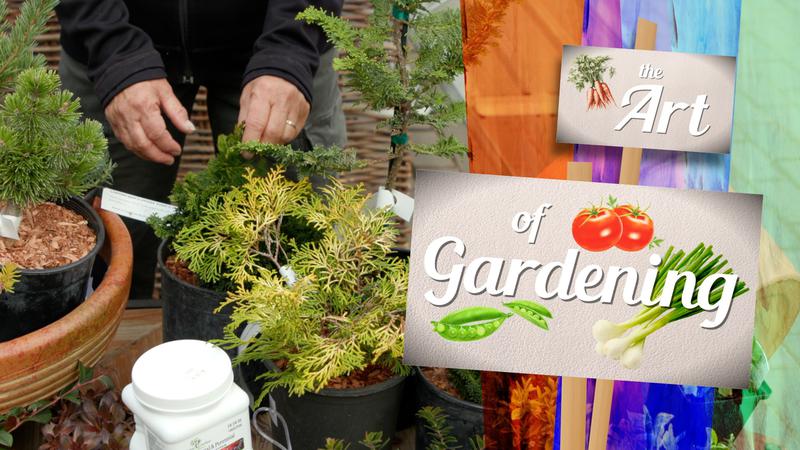
How much should designated drivers drink?
KAMLOOPS — The concerns by restaurateurs over a federal proposal to lower the blood-alcohol limit for impaired drivers from .08 to .05 are a trifle over-stated.
Justice Minister Jody Wilson-Raybould suggests that lowering the limit would reduce the dangers posed by impaired drivers and has asked the provinces to consider it. She cites a study in Ireland that showed reducing the limit level, combined with obligatory testing, resulted in a 50-per-cent reduction in deadly accidents, and a reduction of about 65 per cent in the number of criminal charges.
She says recent research shows the .08 rule under-estimates the risk of fatal crashes.
A few years ago, B.C. implemented tough new measures, and now has a two-tiered system — if you drive over .05, you’re considered to be affected by alcohol, and if you drive over .08 you’re considered impaired.


